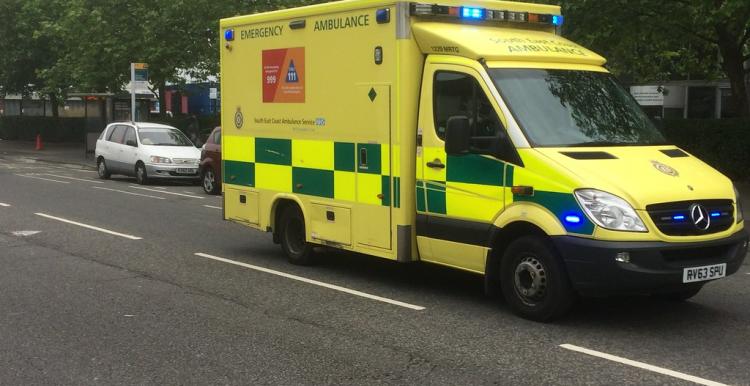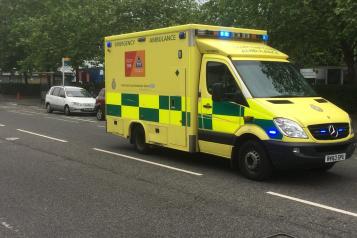Forging an Alliance to Improve Patient Care

Between them, South East Coast, South Western and West Midlands ambulance services handle more than 2.5 million 999 calls every year. The three trusts plan to form an alliance that will see them working even more closely together to deliver efficiency savings to invest in front line services.
The alliance expects to deliver savings through initiatives such as the joint procurement of supplies, including equipment and fuel. In addition, the three will work collaboratively to share best practice for the benefit of patients and staff. They will also work on improving resilience between the organisations for planned events and major incidents.
The work will draw upon existing benchmarking and evidence from the National Audit Office investigation into ambulance services, and more recently, the report from Lord Carter into efficiency and productivity.
There are no plans to merge services or restructure existing operations, but the changes mean that the three Trusts can make every pound of taxpayers’ money work as efficiently as possible.
Daren Mochrie, Chief Executive of South East Coast Ambulance Service said:
'This is the right thing to do for our patients and our staff. By forming this partnership, we will be able to bring together the knowledge and experience of three Trusts to explore ways to reduce variation in some areas and develop new joint initiatives that will untimely enhance the quality of care for our patients.'
The decision to move towards an alliance was agreed on Tuesday (20 November) by the Chief Executives and Chairs of the three Trusts follows the recommendations of the Carter Report, which described ambulance services working in an alliance to deliver efficiency savings and improved productivity.
SECAmb Chair, David Astley added:
'I am confident that, by working closely in partnership with our colleagues from SWAST and WMAS, we will all be able to benefit from sharing best practice and making efficiencies through joint procurement to drive real improvements for our staff and our patients.'
